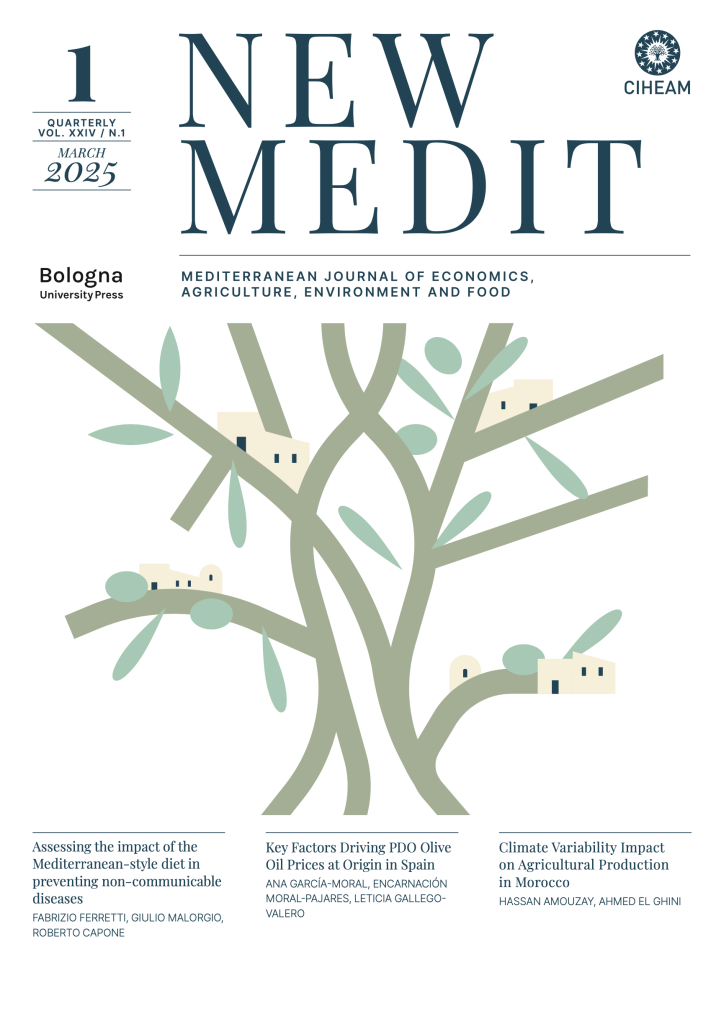Economic analysis in organic olive farms: the case of the ancient olive trees in the rural parkland in Apulia
New Medit, vol 12, n.4, (December 2013), pp. 55-61
Language: EN
Jel classification: Q12
The regional law on the protection and enhancement of monumental olive trees landscape in Apulia represents a key action for the safeguarding of the area imprint and of its agricultural production. In this paper, a case study approach is used to evaluate the profitability of five organic farms in the Rural Parkland of Ancient Olive Trees. A microeconomic analysis is developed to assess the economic sustainability of ancient olive orchards in relation to other local existing types of olive orchards. Results show that ancient olive orchards have a positive net margin, although lower than the thickened and intensive ones. However, a better management and an optimization of agricultural practices of ancient trees can increase extra virgin olive oil production, reduce production costs, and decrease the net margin gap in the ancient orchards compared to the other ones. Governmental subsidies can help improving mechanization and promoting the denomination of “Extra virgin oil from Apulia ancient olive trees” foreseen by the Law.
organic farms, organic olive oil, ancient olive trees, rural parkland, microeconomic analysis, profitability











